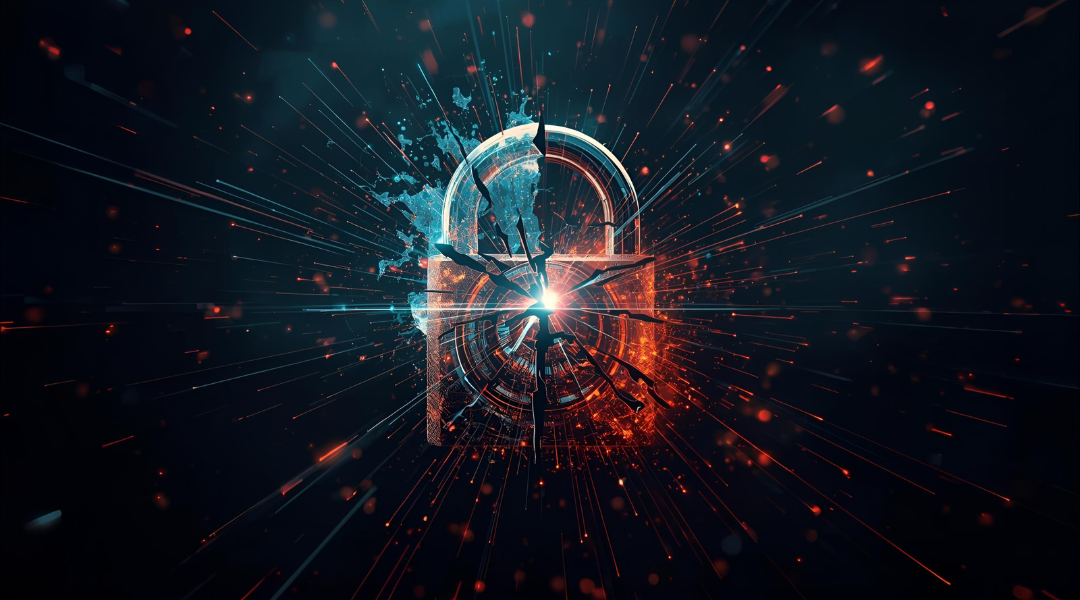Quantum computing holds incredible promise — but it also poses one of the greatest cybersecurity threats of the next decade. The algorithms that keep your data safe today could be obsolete tomorrow.
Here’s why: quantum computers can perform specific types of calculations exponentially faster than classical systems. Shor’s algorithm, for instance, can factor large numbers efficiently, breaking the foundation of RSA and ECC encryption, which protect most online transactions and communications today. Meanwhile, Grover’s algorithm can speed up brute-force attacks, cutting the effective strength of symmetric keys and making weak passwords even weaker.
This means attackers can harvest encrypted data now, store it, and decrypt it later when quantum power becomes available — a strategy called harvest now, decrypt later. Sensitive information you think is safe today could be exposed in a few years.
To prepare, businesses should start transitioning toward post-quantum cryptography, extend password lengths, and implement multi-factor authentication (MFA). The U.S. National Institute of Standards and Technology (NIST) has already identified post-quantum algorithms that organizations can begin adopting.
For SMBs, this isn’t just an IT issue — it’s a business survival issue. Start modernizing your security today to ensure your data stays protected in this new era.

